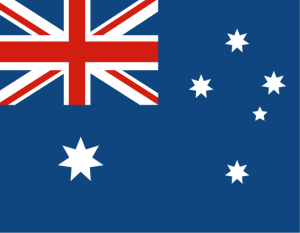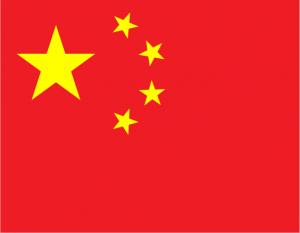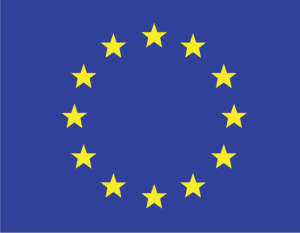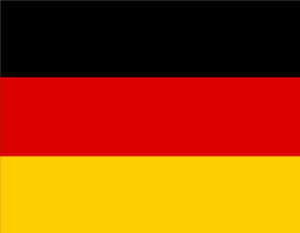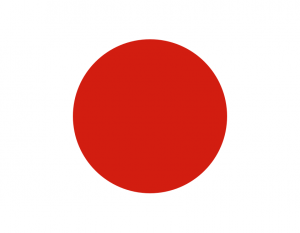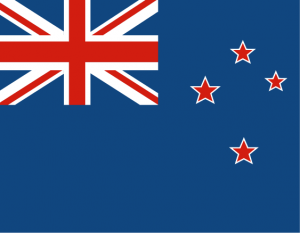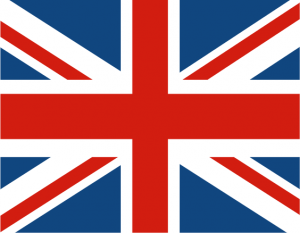Whether you’re looking to grow your brand, discover top business tips or work a little smarter, we’ve got you covered. Read on for the latest insights from WorldFirst.

What is a routing number and where can I find it?
A routing number is a 9-digit code used by American banks to identify where your account was opened. It is sometimes referred to as a Routing Transit Number (RTN), an American Bankers Association (ABA) routing number or a routing transit number. It plays a key part in making sure your money arrives in the right place.
Jun / 2024
Top 6 reasons to expand your business internationally
Enter new markets to gain new revenue potential, access a larger talent pool, diversify your product and gain more brand exposure.
Jun / 2024
Why does China have two currencies?
Chinese money has two names that are often used interchangeably. Find out the key differences between CNH and CNY.
Jun / 2024
What details do you need for a bank transfer?
There are certain details you need to make a bank transfer. To help you understand more about transfers, we've outlined all you need to know.
Jun / 2024
Poland’s tech hubs that are driving business innovation and growth
Poland’s resilient economy and pro-business policies make it an ideal destination for businesses looking to grow.
Feb / 2024
How Poland’s stable economy lets businesses thrive
Poland’s resilient economy and pro-business policies make it an ideal destination for businesses looking to grow.
Jan / 2024
Increase sales with the new Polish zloty (PLN) local account
Discover why you should be doing business with Poland and how easy it is to pay and get paid in the local currency.
Dec / 2023
A guide to buying commercial property abroad
It can be complex, but with a little research, buying a commercial property abroad can be safe and simple. Here’s what to know.
May / 2023
5 tips for doing business in South Korea
Find out what opportunities South Korea presents to UK exporters in this guide.
May / 2023
What to know before starting a business in Switzerland
Efficient transport, high living standards and borders with France, Germany and Italy make Switzerland ideal for business – but are there any red flags?
Feb / 2023
Could the Netherlands help your business blossom?
We’ve weighed up the pros and cons of setting up a business in the Netherlands. So, could it work for you?
Feb / 2023
Is the grass greener for businesses in New Zealand?
Logistics can prove tricky, but vibrant cities and booming tourism could make New Zealand an appealing business base.
Feb / 2023
Could setting up in the US take your business to the top?
With great locations to work from and a huge potential audience, could the US be the right fit for your business?
Feb / 2023
What to consider when starting a business in Canada
Low corporate tax rates and a wealth of online shoppers make Canada a tempting prospect for business expansion.
Feb / 2023
Is expanding your business to Japan a bright idea?
Well-connected cities are paired with high living costs, but what else should you know ahead of expanding your business to Japan?
Jan / 2023
5 things to think about when setting up a business in Europe
Find out how to set up a business in Europe and access a diverse market of customers.
Dec / 2022
How to sell online in Australia and New Zealand
Discover how to break into Australia and New Zealand and expand your business.
Dec / 2022
How can I start trading with China?
We’ve answered 4 FAQs that businesses have ahead of their expansion to China.
Dec / 2022
How SMEs can expand into new markets
Emerging economies offer revenue potential — if you know how to expand internationally. Learn how to break into new markets with this WorldFirst guide.
Nov / 2022- Almost 1,000,000 businesses have sent USD$150B around the world with WorldFirst and its partner brands since 2004
- Your money is safeguarded with leading financial institutions





